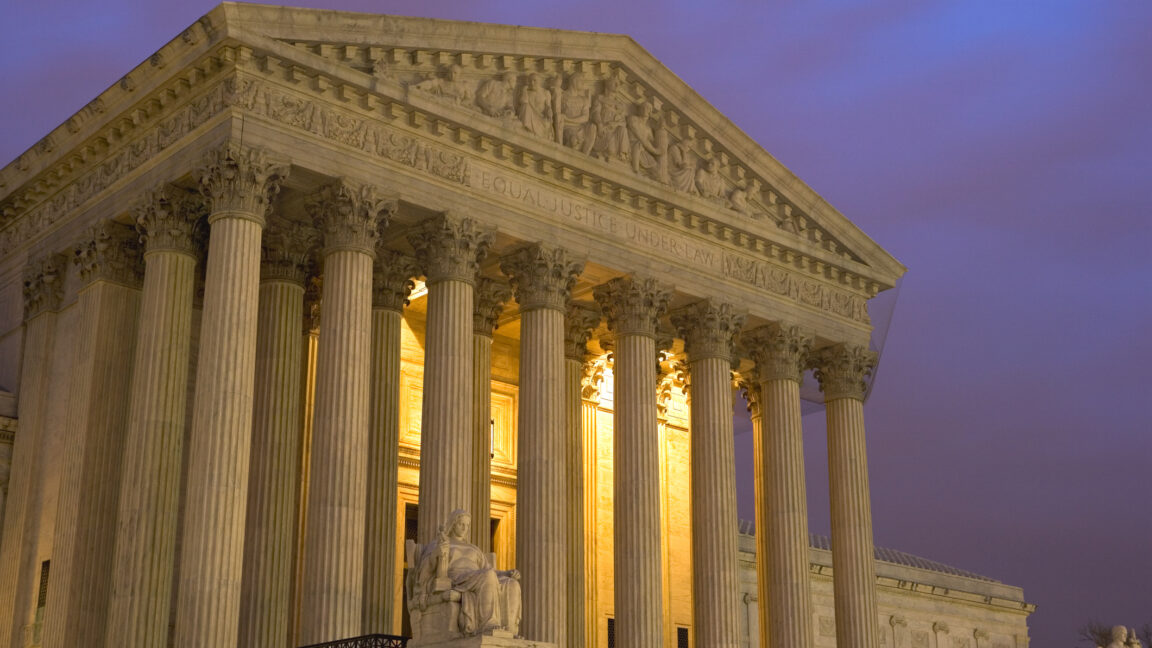
According to Facebook, news broke about the Cambridge Analytica data breach in 2015, and its business wasn’t immediately harmed. Following that logic, the social media company hopes that SCOTUS will agree that Facebook was only required to disclose the data breach in its SEC filing if Facebook knew its business would likely be harmed from the ongoing breach.
By affirming the 9th Circuit ruling, Facebook alleged, SCOTUS would be “vastly expanding the circumstances in which risk disclosures are deemed false or misleading,” exposing to legal challenges “a wide range of previously immune forward-looking statements—revenue projections, future business plans or objectives, and the like.”
But investors suing argue that Facebook is still being misleading about the data scandal in its court filings.
“The only reason Facebook has ever given to explain why the misappropriation risked no harm was that the event was allegedly disclosed to the public in 2015 and no one cared,” investors’ SCOTUS brief said. But in 2015, a report exposing a data breach tied to a Ted Cruz campaign was denied by Cambridge Analytica and prompted a Facebook investigation that concluded no damage had been done.
“Facebook actively misled the public about its investigation, ‘represent[ing] that no misconduct had been discovered,'” investors alleged, and “Facebook’s deception extended to its public filings with the SEC.”
According to investors, the real damage was done when the true extent of the Cambridge Analytica scandal was exposed in 2018. That caused substantial revenue losses that Facebook likely understood it was risking while allegedly leaving investors blind to those risks for years.
Investors argue that disclosure should not be required of every data breach that hits Facebook, whether it harms its business or not, but that the Cambridge Analytica data breach was significant and should have been disclosed as a material risk. The 9th Circuit agreed, holding that “publicly treating such a material adverse event as a merely hypothetical prospect can be misleading even if the event has not yet produced follow-on business harm because the company has kept the truth from the public.”
https://arstechnica.com/tech-policy/2024/11/facebook-nvidia-push-scotus-to-limit-nuisance-investor-suits-after-scandals/

